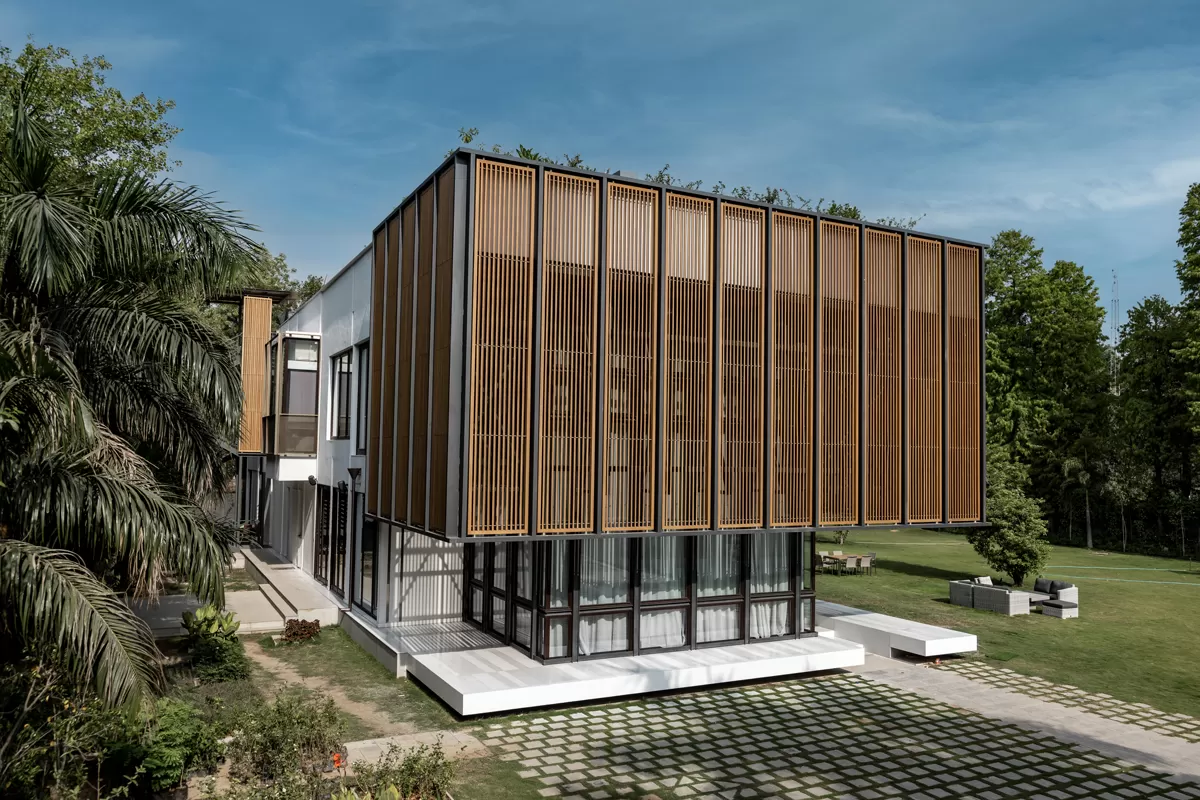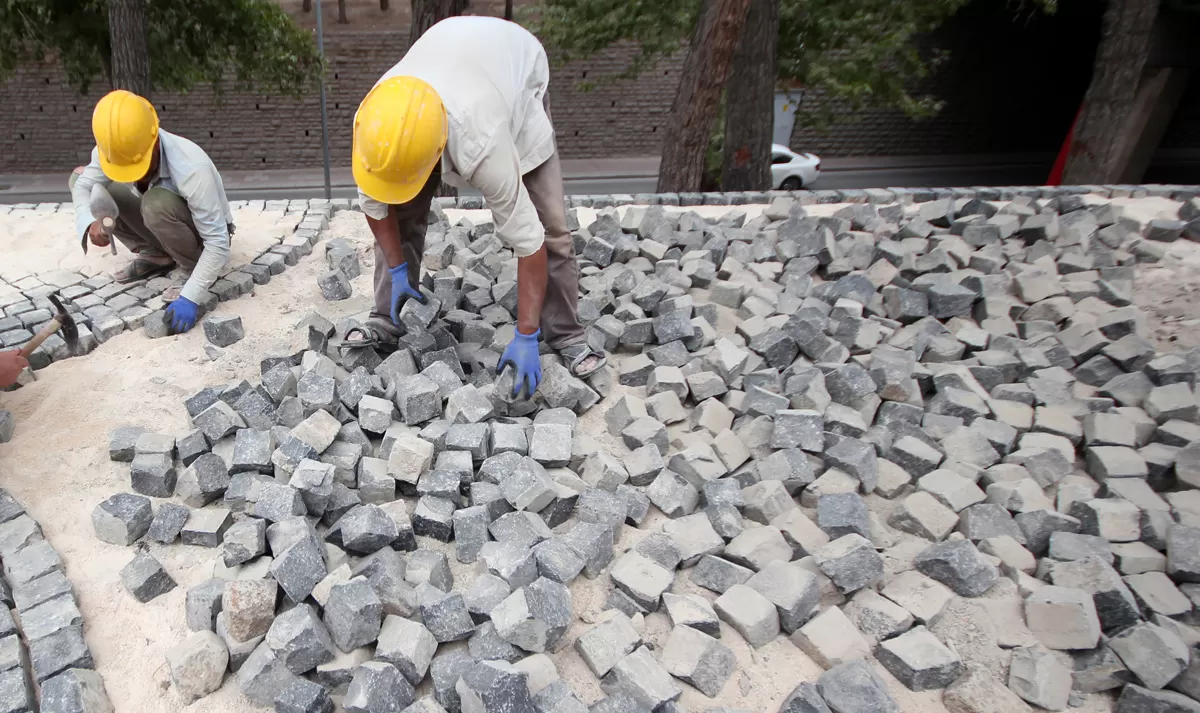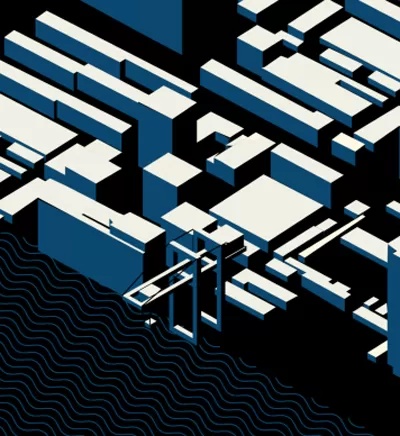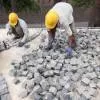
No glass boxes!
India is moving away from the ‘glass box’ syndrome, all-glass façades that were widely used in commercial buildings in the last two decades but came at a significant environmental cost given the country’s predominantly hot and humid climate. Poor thermal performance, excessive heat gain and dependency on mechanical cooling systems made buildings with glass façades energy guzzlers and significantly increased their carbon footprint.That said, it’s important to be aware that “glass is not the enemy,” points out Heena Bhargava, Architect, Architecture Discipline. “How it ..

Why do pavements fail?
India’s highways continue to expand at a healthy pace. But conversations on the surface quality of highways are growing louder because major deficiencies and black spots continue to be identified, and they are cause for concern.“Road surface roughness causes vehicle vibrations that, in turn, can affect the performance of drivers,” explains Dr V K Gahlot, Road Safety Auditor, Centre for Research and Sustainable Development (CfRSD). “Continuous exposure may induce fatigue, a contributory factor to road accidents. Road surface roughness also affects the vehicle operating cost.�..

APAC Logistics Rents Fall for First Time Since 2020
Logistics rents across the Asia-Pacific region declined 0.4% year-on-year in H1 2025, marking the first annual drop since 2020, according to Knight Frank’s Logistics Highlights H1 2025 report. Despite global trade tensions and cautious occupier sentiment, India emerged as a standout performer, driven by robust manufacturing momentum and supply chain recalibration.Regional Trends and DivergenceWhile rents largely remained stable across most markets, regional differences became more pronounced:Mainland China continued to see rental declines, though the pace of decline moderated to 12.8% YoY, s..



















